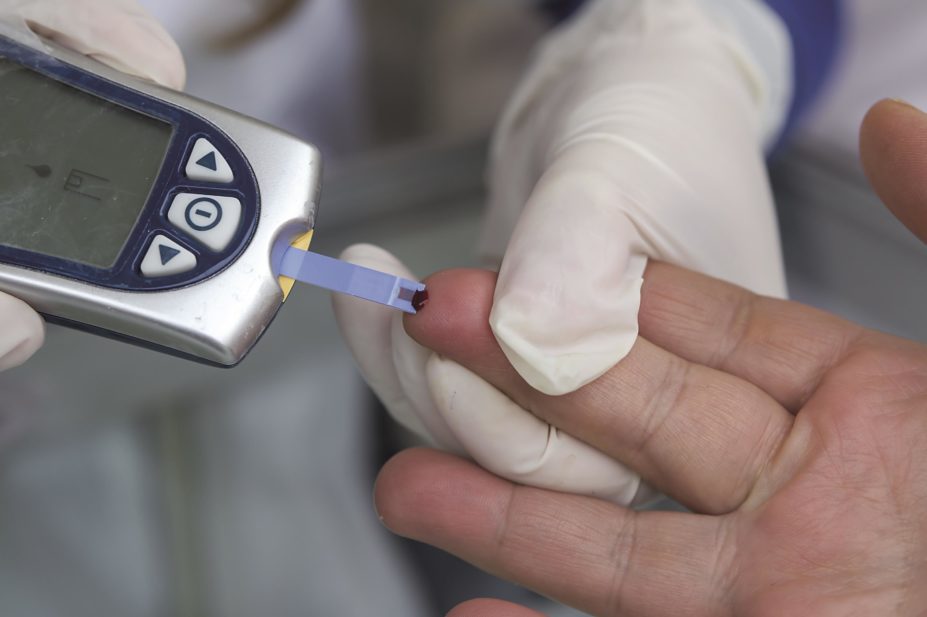
Shutterstock.com
Healthcare professionals should consider the possibility of diabetic ketoacidosis in patients taking sodium-glucose co-transporter-2 (SGLT2) inhibitors who have symptoms consistent with the condition even if their blood sugar levels are not high, according to a new recommendation from the European Medicines Agency (EMA).
The advice follows a safety review of the drug, which is prescribed for patients with type 2 diabetes, by the EMA’s pharmacovigilance risk assessment committee (PRAC). The committee says there have been cases of potentially life-threatening diabetic ketoacidosis in patients with type 2 diabetes who have not presented with typical symptoms, for example when blood sugar levels were not as high as expected.
There are three SGLT2 inhibitors authorised in the European Union — canagliflozin, dapagliflozin and empagliflozin. They are available alone or in combination with metformin and are marketed as Ebymect, Edistride, Forxiga, Invokana, Jardiance, Synjardy, Vokanamet and Xigduo.
Patients with type 2 diabetes should be made aware of the symptoms of diabetic ketoacidosis and should be advised to tell their healthcare professional if they experience rapid weight loss, nausea or vomiting, stomach pain, excessive thirst, fast and deep breathing, confusion, unusual sleepiness or tiredness, a sweet smell to the breath, a sweet or metallic taste in the mouth, or a different odour to urine or sweat.
Healthcare professionals are also advised to exercise caution in patients with risk factors for developing ketoacidosis and discuss those with patients.
The PRAC also recommends that SGLT2-inhibitor treatment should be temporarily stopped in patients undergoing major surgical procedures or who have a serious illness.
The recommendations now go to the EMA’s committee for medicinal products for human use for approval.


